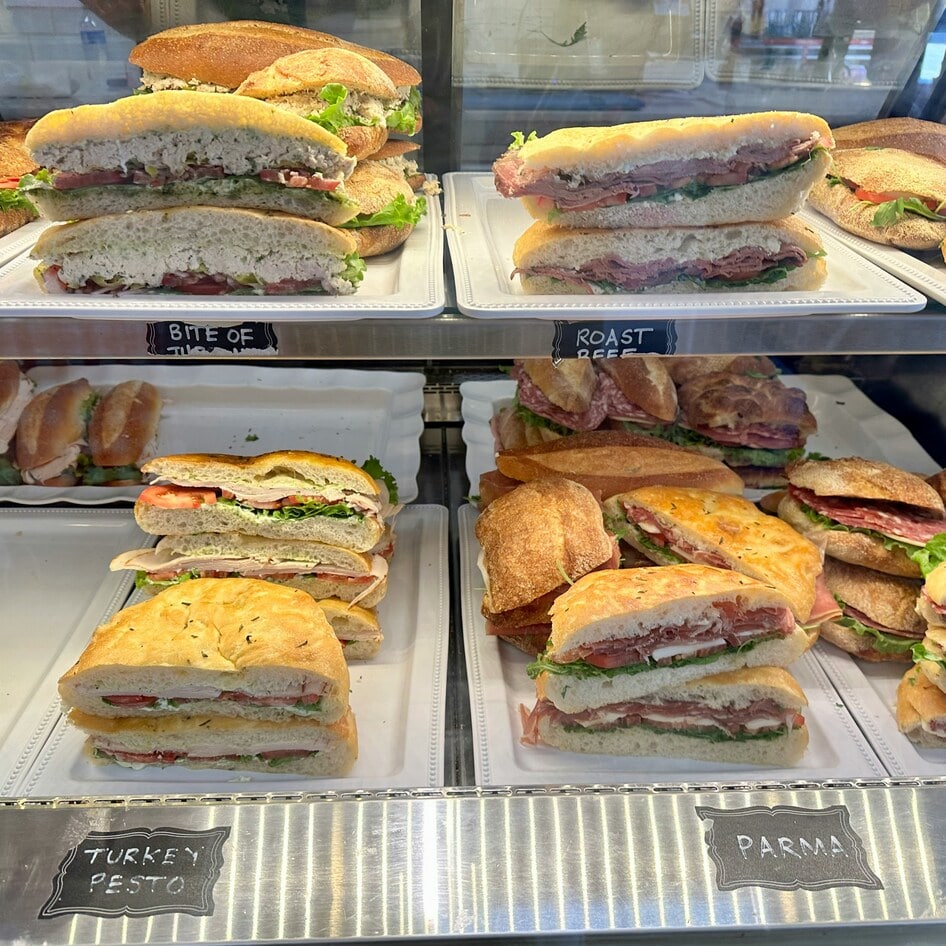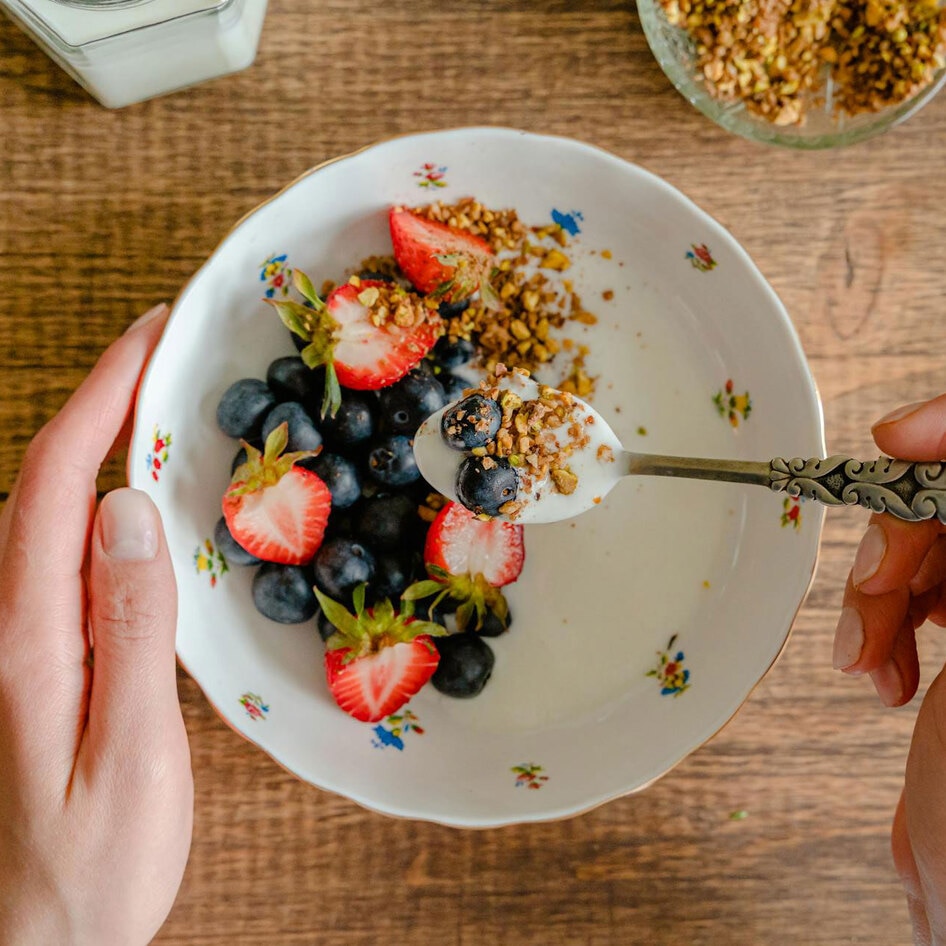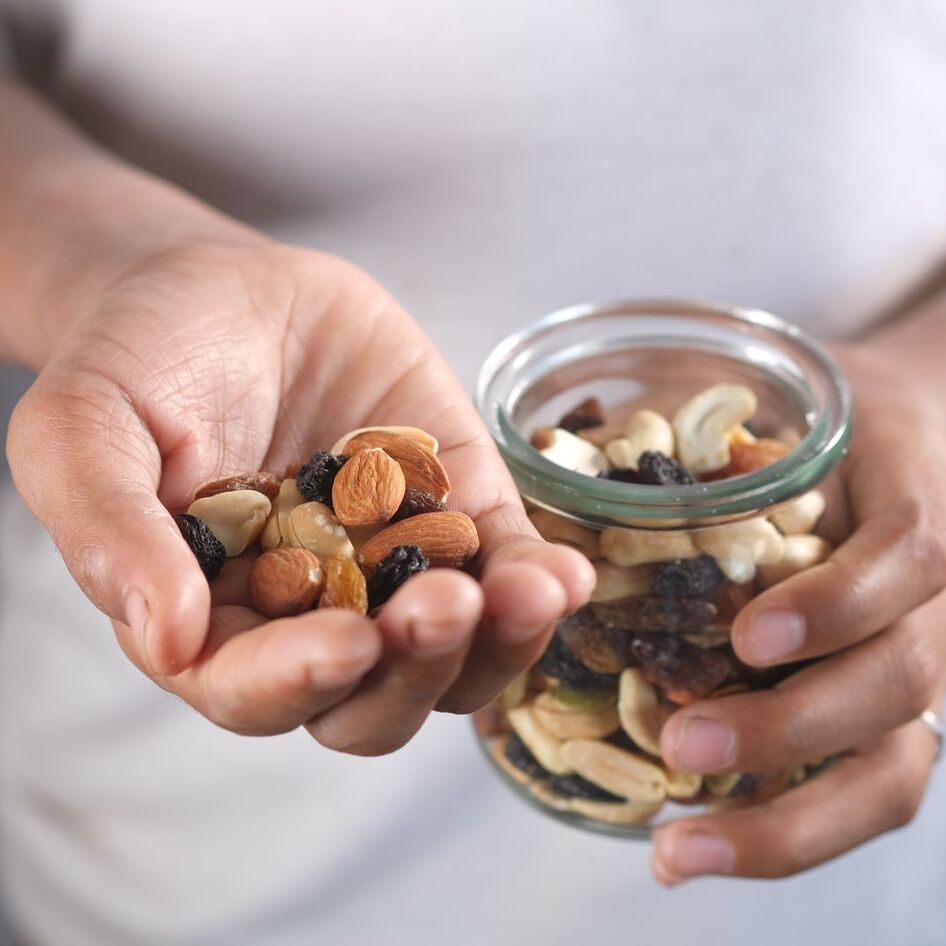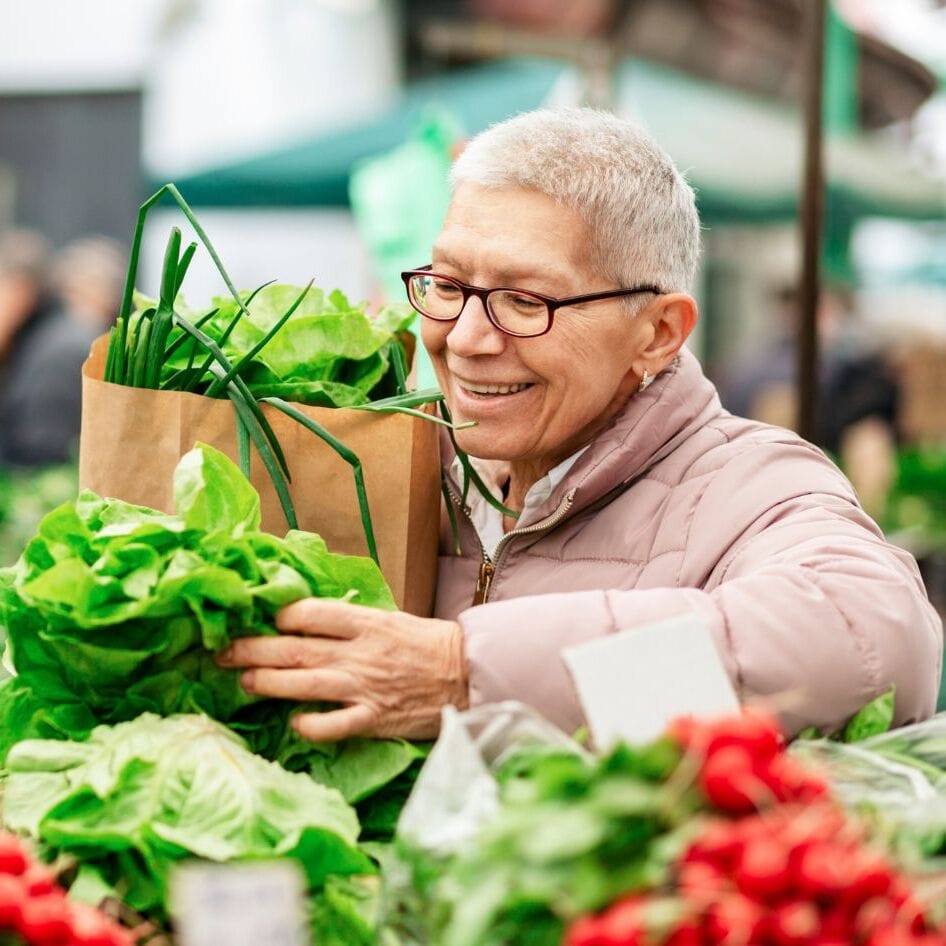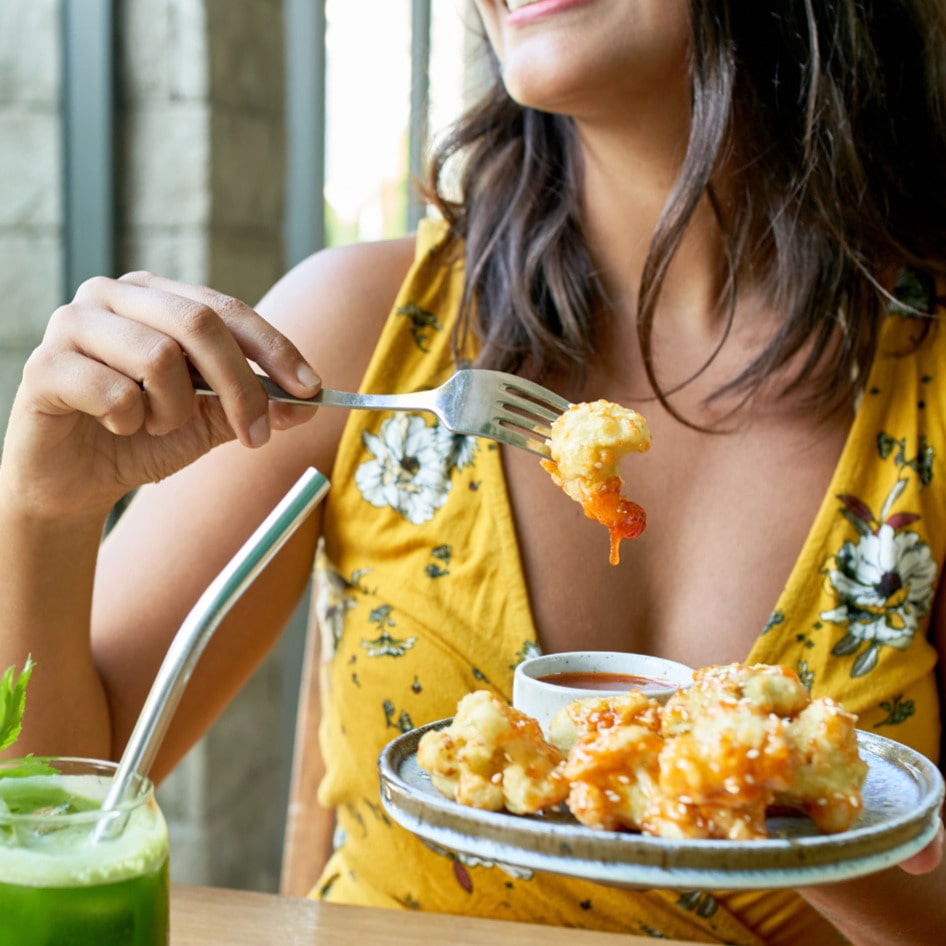The World Health Organization identifies red meat as a probable carcinogen due to the positive correlation between its consumption and the development of colorectal cancer. Since this declaration, additional studies have also found a link between cancer and red meat, but none have been able to pinpoint causation, only correlation, until now. A new study published in the journal Cancer Discovery has identified a DNA mutation that could account for this relationship between meat and cancer.
Red meat and DNA mutation
This unprecedented research was conducted by the Dana-Farber Cancer Institute in Boston. Head researcher and oncologist Marios Giannakis sequenced the DNA from 900 colorectal cancer patients and found a common mutation—or alkylation—significantly associated with patients who consumed both processed and unprocessed red meat prior to their cancer diagnosis. The chemical compounds found in red meat such as nitroso and heme are believed to cause this alkylation.
While not all cells with this mutation damage turned cancerous, Giannakis found that patients with the highest levels of this mutation had a 47 percent greater risk of colorectal cancer death in comparison to patients with a lower level of damage.
Cancer research advances
Scientists have been able to pinpoint the exact chemicals that make tobacco so dangerous, and they also discovered the specific bands of UV light that may mutate into skin cancer. This new research not only adds to the evidence between red meat consumption and cancer—it offers an explanation to support the correlation.
Researchers are hopeful that these findings can be used to help individuals prevent colorectal cancer, or at least catch it at an earlier stage. Doctors can look for this specific alkylation in patients’ DNA and advise individuals who already show signs of mutation to cut out red meat. It may also be used as a prognosis for patients who already have cancer, as the amount of alkylation seems to be a reliable indicator of survival rate (the higher the alkylation, the lower the survival rate).
This research comes on the heels of additional evidence that links the consumption of meat and dairy products with an increased risk of breast cancer.
JUMP TO ... Latest News | Recipes | Guides | Health | Subscribe

